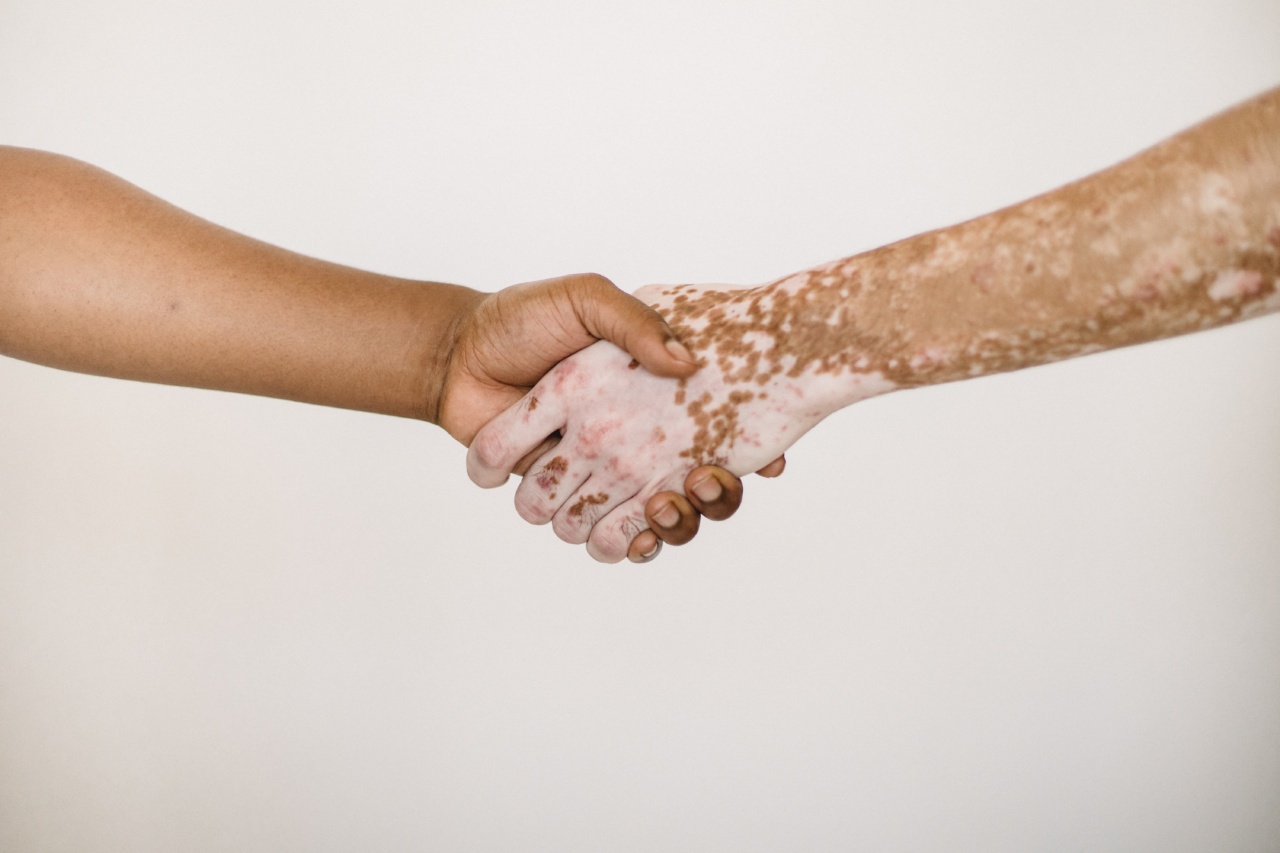Psoriasis is a chronic autoimmune disease that affects the skin, nails, and joints. The condition causes the skin cells to grow rapidly, producing thick, scaly patches that can be red, itchy, and painful.
While there is no cure for psoriasis, there are ways to manage the condition and prevent flare-ups. One of the most effective ways to do this is to identify the factors that aggravate psoriasis and avoid them as much as possible.
Genetics
Psoriasis has a genetic component, and people with a family history of the condition are more likely to develop it themselves.
Studies have identified several genes that are linked to psoriasis, including genes involved in immune system response and skin cell growth.
Stress
Stress is a common trigger for psoriasis flare-ups. When you are under stress, your body produces higher levels of hormones that can cause inflammation, which in turn can aggravate psoriasis symptoms.
Finding ways to manage stress, such as meditation, yoga, or exercise, can help reduce psoriasis symptoms.
Weather
Changes in weather can also trigger psoriasis flare-ups. Cold, dry weather can cause the skin to become dry and irritated, while hot, humid weather can lead to sweating and irritation.
Protecting your skin from extreme weather conditions can help prevent psoriasis flare-ups.
Infections
Psoriasis is an autoimmune disease, which means that the immune system can become overactive and attack healthy cells in the body. Infections can trigger immune system responses, which can aggravate psoriasis symptoms.
Staying healthy and avoiding infections as much as possible can help prevent psoriasis flare-ups.
Medications
Some medications can also aggravate psoriasis symptoms. For example, nonsteroidal anti-inflammatory drugs (NSAIDs) such as ibuprofen and aspirin can worsen psoriasis symptoms in some people.
If you have psoriasis, it is important to talk to your doctor before taking any new medications.
Alcohol
Alcohol can also aggravate psoriasis symptoms. Drinking alcohol can cause dehydration, which can lead to dry skin and aggravate psoriasis symptoms. In addition, alcohol can interfere with psoriasis medications and make them less effective.
Smoking
Smoking is another factor that can aggravate psoriasis symptoms. Smoking can lead to inflammation, which can worsen psoriasis symptoms. In addition, smoking can interfere with psoriasis medications and make them less effective.
Quitting smoking can help improve psoriasis symptoms.
Diet
While there is no specific diet that has been proven to cure psoriasis, some foods can aggravate psoriasis symptoms in some people. These include dairy products, gluten, and processed foods.
Eating a healthy, balanced diet that is rich in fruits and vegetables can help improve psoriasis symptoms.
Skin Injuries
Skin injuries, such as cuts, scratches, and burns, can trigger psoriasis flare-ups. These injuries can cause inflammation, which can aggravate psoriasis symptoms.
Protecting your skin and avoiding injuries as much as possible can help prevent psoriasis flare-ups.
Sleep
Getting enough sleep is important for overall health and can also help prevent psoriasis flare-ups. Lack of sleep can cause stress and inflammation, which can aggravate psoriasis symptoms.
Finding ways to improve sleep, such as establishing a regular sleep schedule and creating a relaxing bedtime routine, can help reduce psoriasis symptoms.


























